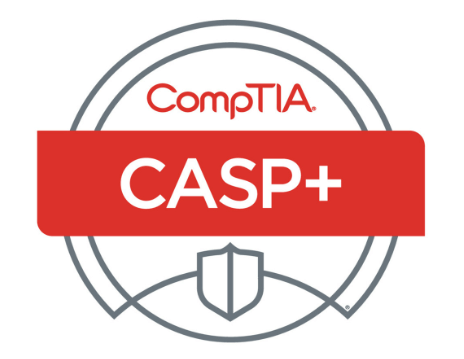Open letter to corporate america subject exploitation of un - GED Prep
Question
Open Letter to Corporate America
Subject: Exploitation of unpaid interns
From: Interns for Intern Benefits, advocating for all current and former interns, or indentured servants, as we were called in the seventeenth century
Dear Corporations:
1. We are a group of interns and former interns who are spending our college summers, and sometimes the months following our graduations, working without pay in your companies. We are performing tasks and being given work responsibilities like any other employees, spending full days working alongside your paid employees, and using our knowledge and skills for the benefit of your companies. However, for all our long hours toiling away in your offices, warehouses, and studios, we are not receiving one dime in pay.
2. Statistics show that half of all college graduates held internships in 2008. Of these hundreds of thousands of students, experts estimate that 25% to 50% were unpaid. That is a frightening amount of unpaid labor!
3. We are writing to ask you to cease this practice of exploiting unpaid interns in your businesses.
4. The United States Department of Labor issued Fact Sheet #71: Internship Programs Under the Fair Labor Standards Act to use as a guideline for whether interns like us must be paid minimum wage and overtime under the Fair Labor Standards Act for services we provide your companies. Fact Sheet #71 provides strict criteria that must be followed by employers, including these criteria: • The internship must be similar to training that would be given in an educational environment. •The internship experience must be for the benefit of the intern. •The intern must not displace a regular employee. • The employer must derive no immediate advantage from the activities of the intern; business operations may occasionally be impeded.
5. While many of us have performed work for your companies that did not meet on the legal criteria, we have worked long hours performing tasks and providing services that were profitable for your businesses. Clearly, we should have been paid wages and overtime as required when our service did not meet the internship criteria under the Fair Labor Standards Act.
6 We admit there is stiff competition for jobs in our fields, and the experience gained during our internships will bolster our résumés. Yes, we are gaining valuable work experience from our internships, as intended by the Fair Labor Standards Act, and some of us are even receiving college credit in exchange for our work. And, yes, we realize that we stand a better chance of landing permanent jobs if we've been interns. In fact, in 2008, employers extended job offers to nearly 70% of their interns, and 83.6% accepted the offers.
7. Even so, we allege that employers are exploiting us for their own greedy benefit because interns can do the work of paid regular employees for free. Not only are you denying us the right to earn a fair day's wage for a fair day's work, but you are also denying us the right to unemployment insurance, workers' compensation insurance, and Social Security contributions.
8. We understand our country's long history of indentured servitude. In the 17th and 18th centuries, labor for businesses and farms was scarce, and poor people from other countries indentured themselves to American enterprises (or their parents indentured them if they were underage) for the mutual benefit of both parties. Like interns today, these early indentured servants provided their services and labor; however, in return they were given food and clothing and had their transportation costs to the United States paid by those who needed their labor. Sometimes, if they were lucky, they even received some small payment at the end of their years-long indenture.
9. But most of these early "interns" were no happier with their servitude than we modern interns are. The prevalence of servitude-sometimes voluntary, sometimes not-gave highly charged meanings to words like "liberty," "freedom," and "tyranny." In fact, at the age of 12, our renowned statesman Benjamin Franklin was indentured to his much older brother for a nine-year term, and Franklin was supposed to receive wages during only the last year!
10. He later expressed the sentiments of interns today when he wrote in his autobiography that his brother's harsh treatment "might be a means of impressing me with that aversion to arbitrary power that has stuck to me through my whole life."
Stop unpaid internships: we, too, are averse to this arbitrary power of corporate
How would replacing the word "toiling" with the word "working the meaning of the last sentence in paragraph 1?
Answers
-
correct
-
-
-
Explanation
The correct answer is a.
Replacing "toiling" with "working" softens the tone, making unpaid labor seem less harsh. "Toiling" conveys hardship, while "working" is more neutral. This shift suggests interns engage in typical work rather than enduring extreme labor, potentially reducing the perceived severity of the situation.
No Payment Cards Needed






